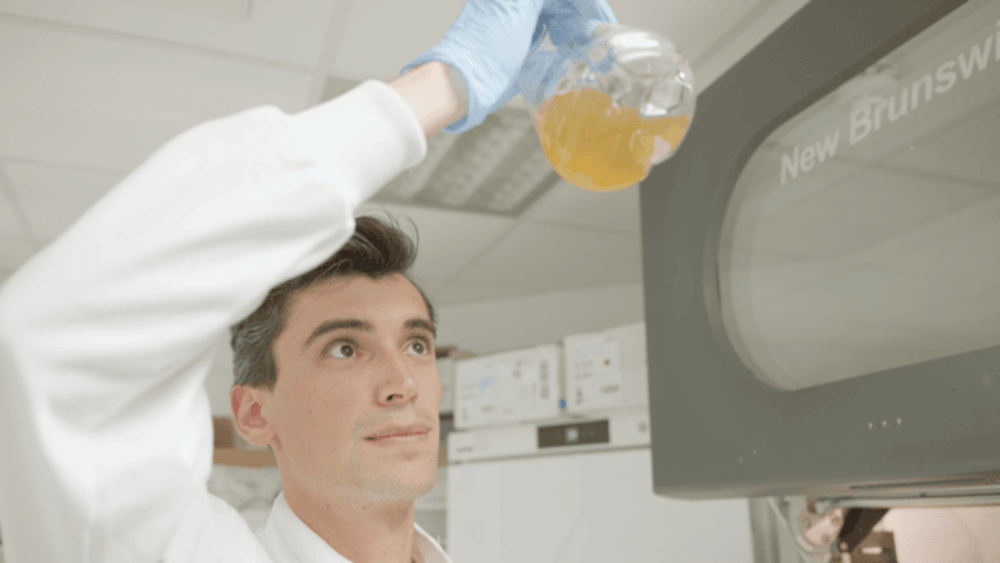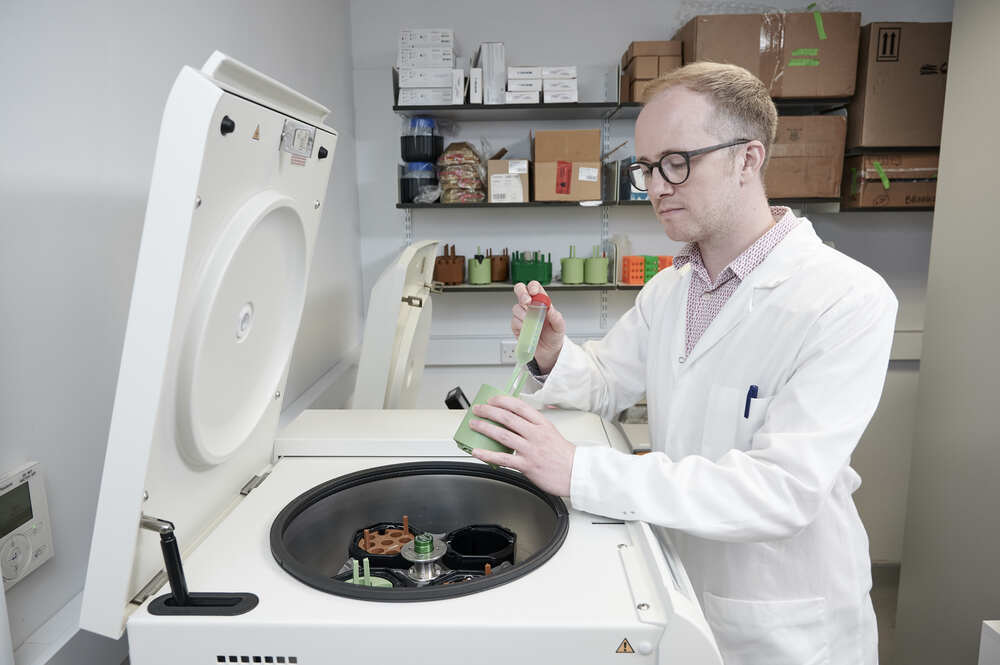IN A GROUNDBREAKING ADVANCEMENT AT THE INTERSECTION OF BIOTECHNOLOGY AND SUSTAINABILITY, RESEARCHERS FROM THE UNIVERSITY OF EDINBURGH HAVE DISCOVERED A METHOD TO CONVERT PLASTIC WASTE INTO PARACETAMOL USING ENGINEERED BACTERIA
This innovation, published in Nature Chemistry, promises a future where painkiller production could shift away from fossil fuels to a circular, low-emission process.

A sustainable alternative to fossil fuel-based medicine
Paracetamol, a widely used painkiller, is currently manufactured using fossil-derived materials like crude oil. This process requires significant energy input.
And contributes to global greenhouse gas emissions. The discovery offers a promising alternative that could significantly reduce the environmental footprint of drug manufacturing.
PET waste: from pollution to pharmaceutical feedstock
Polyethylene terephthalate (PET) is the plastic commonly used in water bottles and food packaging. It accounts for more than 350 million tons of waste each year. Although recyclable, traditional PET recycling methods typically generate materials that continue to contribute to plastic pollution.
The Edinburgh research offers a radical departure by using PET as a raw material in drug production. Thereby reducing both plastic waste and fossil fuel dependency.
Genetically reprogrammed Escherichia coli: the microbial factory
The team at the Wallace Lab at the University of Edinburgh re-engineered the bacterium Escherichia coli (E. coli), a non-pathogenic organism, to convert terephthalic acid – a molecule derived from PET-into the active compound in paracetamol.
This biotransformation was achieved through a fermentation process akin to brewing, and remarkably, occurred at room temperature with near-zero carbon emissions.
In less than 24 hours, 90% of the terephthalic acid was successfully converted into paracetamol, highlighting the efficiency and potential scalability of the process.
Engineering biology and the future of sustainable chemistry
This development is emblematic of the power of engineering biology, a field in which the University of Edinburgh is a global leader. By applying engineering principles to biological systems, researchers are creating microbial “factories” capable of producing high-value chemicals sustainably.
Professor Stephen Wallace, the study’s lead author and Chair of Chemical Biotechnology at the University, stated:
«This work demonstrates that PET plastic isn’t just waste or a material destined to become more plastic – it can be transformed by microorganisms into valuable new products, including those with potential for treating disease».

Collaborative innovation with industry support
The research was funded by an EPSRC CASE award and AstraZeneca, and supported by Edinburgh Innovations (EI), the university’s commercialisation service.
Ian Hatch, Head of Consultancy at EI, emphasized the importance of collaboration in translating such discoveries into real-world applications:
«Engineering biology offers immense potential to disrupt our reliance on fossil fuels, build a circular economy and create sustainable chemicals and materials, and we would invite potential collaborators to get in touch».
While further development is required before commercial-scale production is feasible, this innovative approach paves the way for a future where pharmaceutical production is cleaner, faster, and more resource-efficient. The convergence of synthetic biology and environmental science could redefine how we view waste—not as a problem, but as a resource for the medicines of tomorrow.





